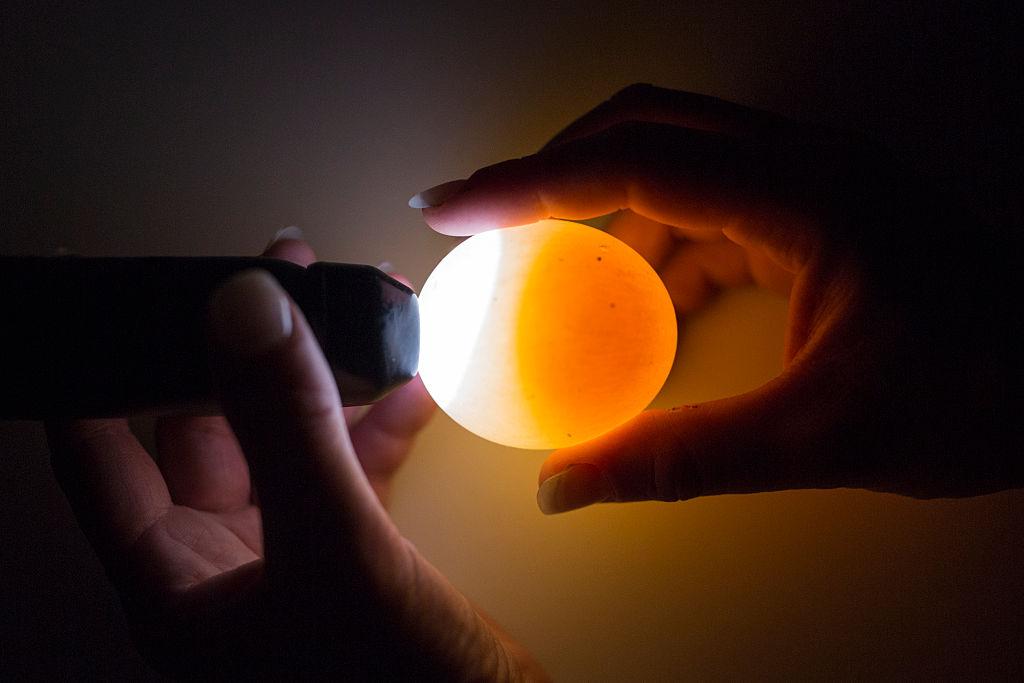A Chinese magazine has published two reports in the last year that conclude boiled eggs can be turned into raw eggs before hatching chicks, through a regeneration process. The anecdotal evidence has recently led to questions on Chinese social media about the academic industry and the magazine’s publishing quality.
One report titled “Turning Cooked Eggs into Raw Eggs (Egg Regeneration): A Lab Report on Hatching Chicks,” was published by Pictorial Geography magazine, a state-run publication managed by the Jilin Provincial News Radio and TV Bureau, in June 2020.




